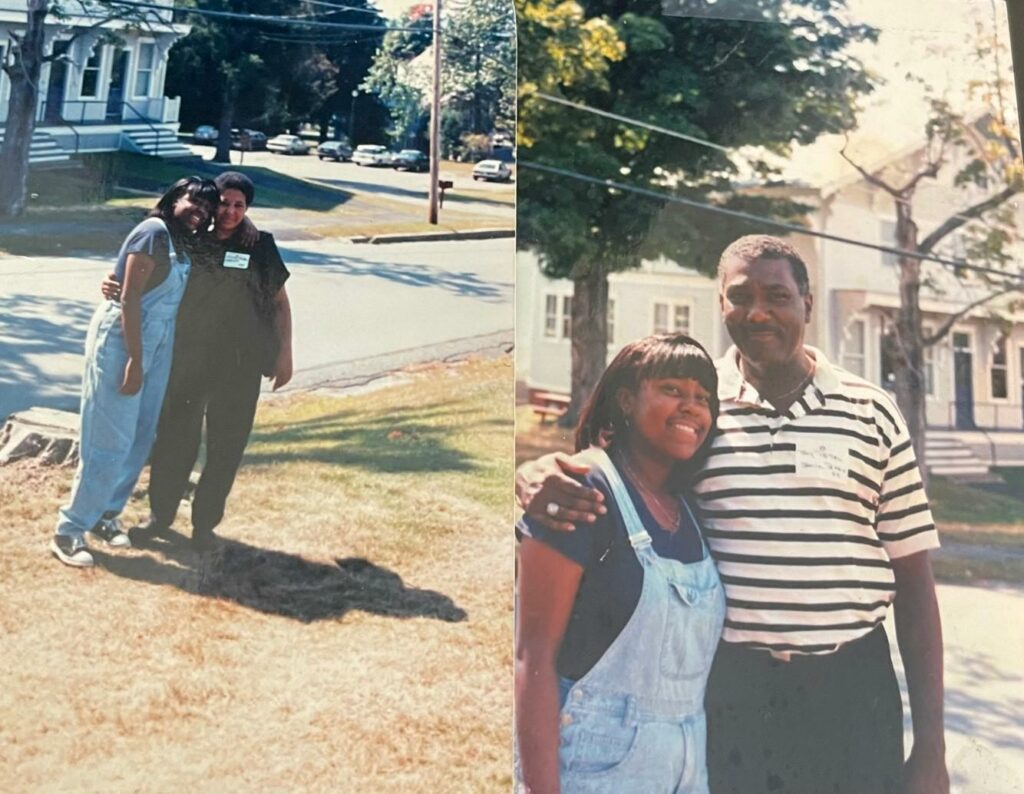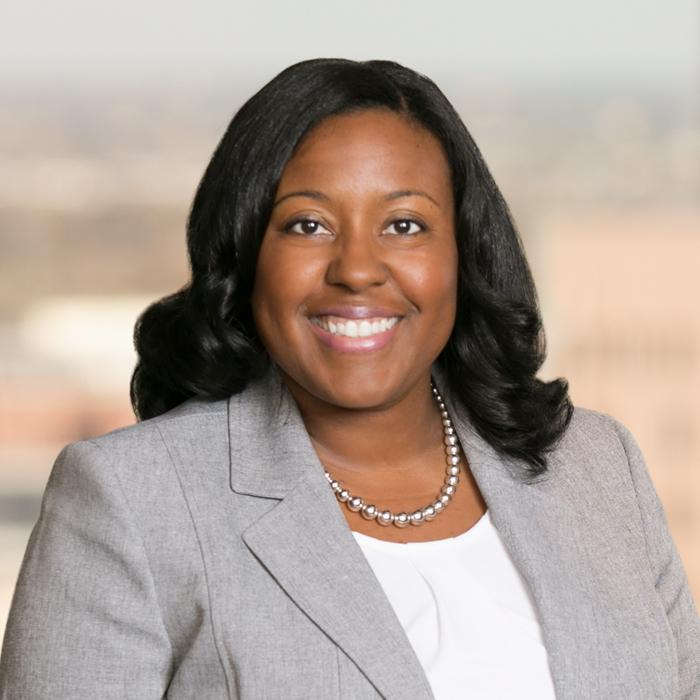A colleague and mentor recently mentioned she had seen a statistic that Black women are more likely than White women to want to join a company’s executive ranks but are more often discouraged from doing so, and people should think about why that was.
According to McKinsey & Company and Lean In’s 2020 report on “The State of Black Women in Corporate America,” Black women are substantially more likely than White women to say that they are interested in becoming top executives. However, Black women are less likely to get the support and access they need to advance in their careers, and more often experience a wider range of micro-aggressions (due to gender and race.) They are also much less likely to interact with senior leaders at work, mirroring a lack of sponsorship needed to advance in their career.

Growing up, I saw how hard my parents worked to improve themselves educationally and professionally, and the positive impact it had on our family. My parents immigrated to the U.S. from Belize in the 1970s in search of the quintessential American Dream. After becoming an American citizen while serving in the U.S. Army, my father worked full-time for eight years while earning his bachelor’s and master’s in business administration. We were all very proud of my mother when she went to college and earned her bachelor’s degree one year before I did. They set the example, then challenged my siblings and me to achieve our own goals.
I graduated from the University of Pennsylvania and served as a U.S. Peace Corps Volunteer in the area of HIV/AIDS treatment, care, and support. After graduating from law school and passing the bar, I began my legal career just like any other baby associate at a large law firm—bright-eyed and bushy-tailed, ready to work hard, learn the law, develop clients, and someday make partner.
During my first year of practice, I was told by a partner it was not necessary for me to fulfill my billable hour requirement. This seemed counterintuitive as meeting the requirement was necessary to qualify for a bonus, and the work in our section was aplenty. When I met the requirement, the partner expressed his surprise. While practicing law as a young associate, a mentor discouraged me from seeking out work from a well-respected, rainmaker partner, stating the partner had high expectations of associates’ work. When I questioned this advice, I was told it was better to “stay in my lane” and continue to work on the smaller client matters to which I had been assigned. My career began to take off as a mid-year associate, when ironically, the same well-respected, rainmaker partner invited me to work on some matters and when I performed well, he encouraged other partners to utilize me on their cases. Whether or not he knows it, that partner (and several others over time) became a sponsor, positively impacting the trajectory of my practice.
I became a partner at the firm (having two children along the way), and felt I was on a professional roll; I was flourishing, having built strong relationships with new clients I developed as well as with those clients I shared with colleagues who have known me for years and whom I call friends. I was reaping the financial benefits of my practice, which benefited my family, allowing us to prioritize financial goals, provide new experiences for ourselves and our children, and to donate more to family and charities that are meaningful to us. The goal of making equity partner at my firm seemed attainable, and the path forward seemed less hazy.

So when my husband Marcus and I learned I was pregnant with our third child, I was deeply concerned. Neither the first or second times we attempted to conceive, the subsequent pregnancies, or my return to practicing law after having each child had been a walk in the park, but this time around was different. The pregnancy had been a surprise (to say the least), I had two children at home, I was much older now, and the health risks greater.
According to The March of Dimes, the threat of maternal mortality and morbidity is especially acute for women of color. Black mothers of all ages are three times more likely to die from pregnancy-related complications than their White peers. Further, the rates of pregnancy-related death for Black and American Indian/Alaska Native women over the age of 30 are four to five times higher than our White peers.
According to the latest data from The U.S. Centers for Disease Control and Prevention, maternal mortality rates among Black women with a completed college education or higher are 1.6 times that of White women with less than a high school diploma. I ruminated on these realities a lot during this pregnancy, especially after experiencing a traumatic childbirth, and post-pregnancy complications, including an extended return hospital stay.
Even after my parental leave came to an end, I returned to the office, and still dealing with the impact of what I had experienced, a lot of days felt like drinking from a fire hose—there were never-ending, constantly competing demands coming from every direction and needs that had to be met, all while operating on minimal to no sleep. I often wondered if I would be able to continue on the same career trajectory and reach the professional goals that were still important to me.
With dogged determination, grace and time, my family and I established a groove; I could finally peek my head up high enough to see some light at the end of the tunnel. The baby began sleeping through the night, the older kids became better adapted to our new life, and my husband and I became better coordinators of the chaos and sources of support for one another.
Having recently celebrated our son’s first birthday, which also felt like the one year anniversary of “I survived having three children and practicing law,” I have a renewed vigor for and focus on my law practice at the firm and the continued upward trajectory of my career.
It is important that my children see and appreciate hard work, and set and achieve their goals. While the barriers Black women face in the workplace have improved with time and collective concerted efforts at change, there is still a long way to go. For the benefit of my children and others, I want my life to reflect that I was a part of that change, even in the smallest way.
Jamila Brinson is a labor & employment partner in the Houston office of Jackson Walker. She chairs the firm’s Diversity & Inclusion Counseling practice.

